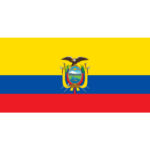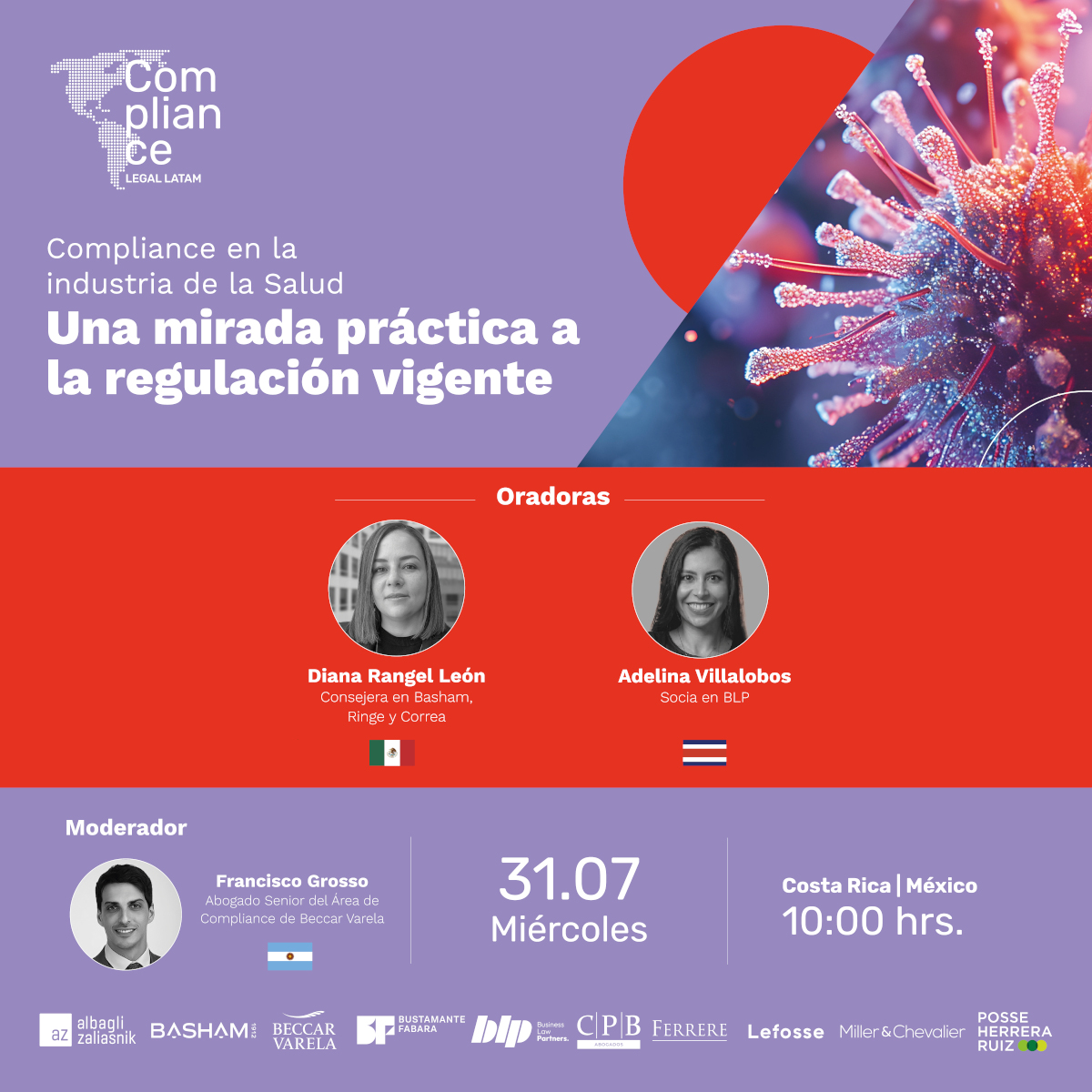

Through Executive Decree No. 570 published in the Official Gazette at the end of 2022, the President of the Republic modified the Regulations for the Application of the Organic Law for the Regulation and Control of Market Power, with which changes are introduced to the current regime of competition law. Here is a summary of the most relevant changes:
1. Article 4 is reformed, introducing the standard of ” general welfare of consumers ” to determine the existence of an affectation to competition; and, therefore, anticompetitive conduct. Said reform establishes that this concept should be applied preferentially, which, in practice, implies that in its investigations the Superintendence for the Control of Market Power (“SCPM”) should preferably analyze whether the conduct investigated could lead to higher prices for consumers. The adoption of this standard is interesting, at a time when, worldwide, there is debate about the effectiveness or not of this criterion, particularly with respect to digital platforms.
2. In article 5, it is clarified that the calculation of the volume of business must be carried out according to the relevant market. This limits the calculation for the establishment of fines only to the sales of the economic operator in the market under analysis; something that already happened in practice.
3. In article 8, a subparagraph is added whose purpose is to limit what can be considered as a restrictive practice by object (a conduct in which, its mere existence, can be considered anticompetitive), only when there is a doctrinal consensus about its restrictive nature and the absence of potential positive effects; and that there are repeated decisions that have confirmed its anti-competitive nature. In practice, the ability of the SCPM to define a conduct as a restriction by object is limited, which would require a more in-depth analysis of its anticompetitive effects.
4. Through the reform of article 47, an operational structure is granted to the Regulation Board. The Regulation Board is a body directed by the Executive that can issue guidelines and regulations on the application of competition law.
5. Through the reform of article 105, the sanction for failure to provide information is restricted to the application of coercive fines only.
6. Finally, article 89 is repealed, thereby eliminating the obligation to establish a temporary auditor in cases of abuse of market power due to economic dependency.
For more information contact:

Daniel Castelo | Senior Associate Bustamante Fabara | dcastelo@bustamantefabara.com





